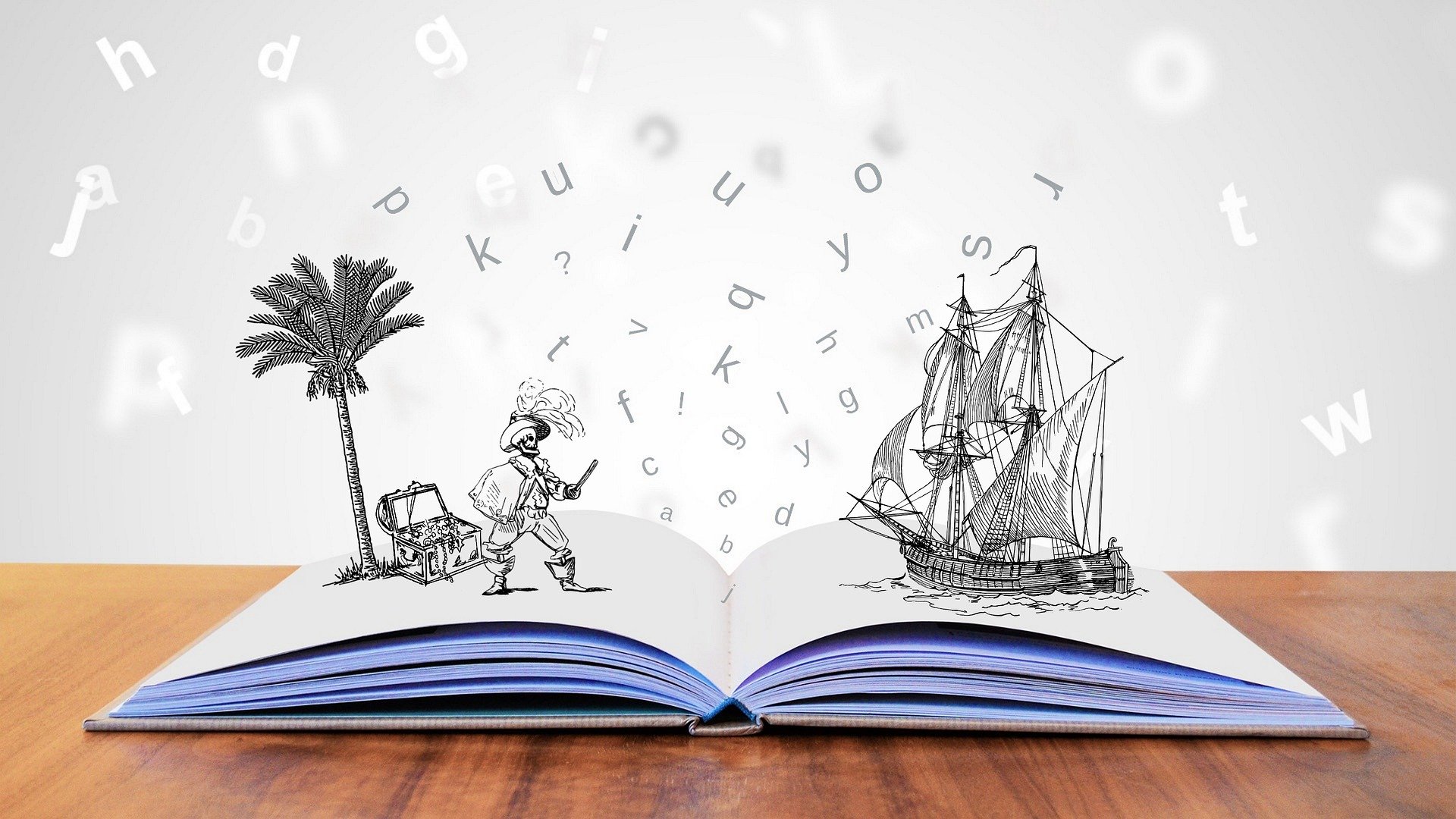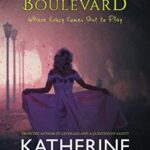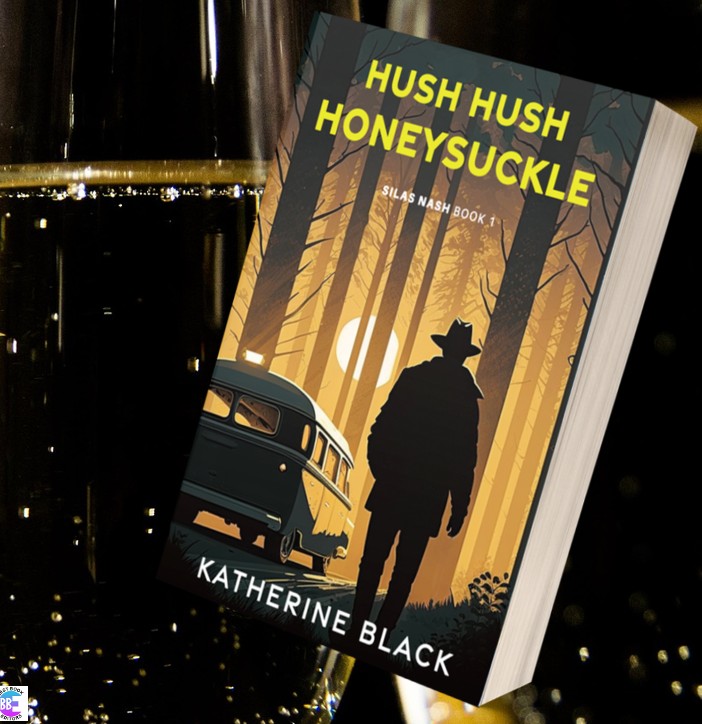 In the last article, we looked at general overwriting. Adding too much empty padding that doesn’t add anything to your story is the single worst error that writers, particularly new writers, make.
In the last article, we looked at general overwriting. Adding too much empty padding that doesn’t add anything to your story is the single worst error that writers, particularly new writers, make.
Angela walked across the kitchen. She picked up the kettle and turned on the tap. She put the kettle under the tap and watched the water level rise to enough for two mugs. She put the kettle on to boil and took two mugs from the top left-hand cupboard. She opened the green coffee canister and carefully spooned one spoonful of coffee into each mug. She put the lid back on the coffee canister. She doesn’t take sugar, but Joanne does, so she opened the yellow sugar jar and put a spoonful of sugar in the left-hand mug. At this point, angela had to walk all the way across the kitchen to open the fridge and get the milk. However, after all that writing, the author is tired, so she made Angela sit down for a rest.
Overwriting: At this level of detail, your book will be 500,000 words long, and 450,000 of them will be irrelevant rubbish.
Angela, just make the damned brew. I’m spitting feathers here.
Overwriting: Amendment: Angela made a brew.
And, guess what, Angela didn’t do? She didn’t put the top back on the coffee jar. OCD. That kitchen counter hasn’t been wiped down, and the coffee jar lid is just lying there looking untidy.
To aid the author’s OCD tendencies, Angela got up after a ten-minute rest, finished the coffee, put the lid on the coffee canister and wiped down the side.
That was an exaggerated example, but when you overwrite, the danger is that you’ll get lost in all the words and leave loose ends that never get tidied up.
Adverbs. Every time you use one, adopt the golden rule, read the sentence, and, if it makes grammatical sense as a complete sentence without it—get rid. Ninety-nine times out of a hundred, you don’t need them. I’d watch for overuse. If it ends in ly, for the most part, lose it. Most new writers-regardless of gender, are adverb divas. Keep your writing clean and tight. Look at every sentence and ask, which words need to be there to advance the story? Anything that isn’t saying something beneficial—especially adverbs—get rid. Get out of the habit now, and, I promise, your writing will be better for it.
Lose the fillers that don’t add anything.
Look at every sentence and ask yourself which words are essential to the sentence. Then, which are needed to make a complete and grammatical sentence—lose the rest. It’s what the second edit is for and makes your book a hundred times more potent.
Avoid words that don’t say anything—there are a lot of them. They are useless fillers. These are some words and phrases that should rarely be used.
- Seem too
- Almost
- Quite
- Rather
- At all
- A little bit
- Never
- Ever
- Over and over
- On and on
- Of course.
And the empty first-word sentence starters, don’t use them.
- I think
- Well
- So
- Okay
- Oh
- Then
- Ah
Unless it’s in dialogue, it should always be somebody, anybody, everybody etc., not someone, anyone, everyone.
Never use brackets or parenthesis in prose—substitute it with commas or a double hyphen—M-dash.
Brackets are designed to frame something outside what you’re saying. Brackets take the reader out of the story to tell them, (By the way, as a subtext to the brilliant story you’re reading, I just wanted to drag you right out of the plot to interject with something that may well be relevant. However, it could wait and be written as the following sentence without the need for parenthesis so that we don’t interfere with this very long one.) Don’t—ever—use brackets in prose. Use commas to separate clauses, and for extra emphasis—when the comma doesn’t cut it—use the M-dash or double hyphen—not single.
To make a double hyphen or M-dash, hit the hyphen key twice and follow it with any letter without a space. Then, add a space. Go back and delete the letter, leaving you with a double hyphen—no spaces on either side. (N – dash has spaces).
Unless it’s set as a period piece or has a specific set language style or a particular character, I wouldn’t be afraid of using contractions. Didn’t, wouldn’t, couldn’t, I’ve, we’ve, they’ve are far more reader-friendly than Would not, can not, did not.
Another biggie, the old—mind darted back—switcheroo. New writers do this a lot. It is a problem with continuity. You are writing about a meeting. However, instead of telling us about the conference and what’s happening in the boardroom. You’ve flown us off to the far Caribbean on a tangent. Memories—anything in the past and mind switcheroos need their own scenes. Find somewhere else to put them. Keep the story flowing, and use your filler scenes outside of the action.
 Unless your first name is Lewis and your surname Caroll, avoid dream sequences—they are punishable by death.
Unless your first name is Lewis and your surname Caroll, avoid dream sequences—they are punishable by death.
Sex scenes and fight scenes are the hardest things to write. If you’re going to use any, keep them to a minimum. I’d say no more than three central sex or fight scenes in a book. Otherwise, trust me, you will fall into walking the road of repetition. Avoid writing sex that reads straight out of a stroke mag—which is no bad thing for that genre. Many writers have made a tidy buck from writing for the top-shelf magazines. However, they tend to be full of overused clichés.
The two most challenging things to write are sex and fighting because there are only so many things you can say and actions you can do. Sex scenes generally open with arms wrapping around body parts, then we have the kissing of the necks and move on to melting cores. Try to use less familiar phrases. Play with them and come up with something new. It’s a challenge. There’s only so much you can say—but I’d be trying.
When writing sex, avoid the two-phrase-stick-it-in; Over and over, up and down, in and out, again and again, round and round, louder and louder, harder and harder etc. You will be struck by lightning, and the finger of God will burst through a cloud and shout, ‘No.’
New writers are often under the mistaken impression that you need the two-phrase-stick-it-in to build pace and tension. This isn’t just in writing sex and battle. She was so sick of his snoring that she stabbed him over and over. There are better and more intelligent ways to speed up the pace of your scene. Use rapid-fire, short staccato sentences to bring the sensation of tension into your writing. However, don’t overdo it. This is a writing trick to take the action up. If you hold it up there for more than a few sentences, any effect you’ve gained is lost. In the last article on overwriting, we talked about the 6-8 guide. Increase the tension for six to eight sentences.
It was dark. She didn’t know where Tom was hiding. He could be behind her. She gripped the knife tighter. Then took the next step. It creaked. She stopped to listen.
7 Sentences. However, we’re still in high action and tension, and you want to keep it there. If you continue to write in staccato, all you’re going to do is level the pace out—and it gets annoying fast. So you intersperse it with a more extended narrative.
He could be anywhere in this mausoleum of a house. It was over a hundred years old and every plank, joint, and pipe creaked. She’d left her phone on the bed, if she could get to it …continue for two or three paragraphs. And back to staccato.
She heard a noise. It was a rustle. He was in her bedroom. She held her breath. Angela listened to the ping of her phone. Tom knew about Tuesday. She was trapped. There was no way out.
As a general rule, you should only write in complete sentences. However, fragmented sentences can be used to good effect if they’re used sparingly to build tension. Don’t overdo it.
Don’t use fragmented sentences a lot. Add the connecting words, and, with, to etc. For the sake of a little and or with, the sentence is complete and grammatical and can still be conversational and informal. You need the connectives to make them grammatically correct. Very occasionally, a fragmented sentence can add drama, but I’d avoid them so that you don’t overuse them. They become a habit, fast. If you use them, make it sparingly— Use the 6-8 guide—no more than 6 to 8 times in a novel.
After all that tension, let’s talk about exclamation marks/points. The person that invented the exclamation mark should be shot. Get rid of exclamation marks. You don’t need them in novel writing. Save them for the comics. KABOOM! And, if you insist on using them, never, ever use more than one!!!!!!!! Or do this !!???!!, it’s pretty, I’ll grant you. But it’s not right. You aren’t drawing pretty patterns. You are writing a book.
People go somewhere. Don’t have them making their way along to. It’s long-winded. When I go to the kitchen will do.
A habit people have is writing in a passive style. If your writing is weak and watered down or diluted with padding. Cut, cut, cut.
Write hard, and write clean, and write sharp. Overwriting: Amendment: write, hard, clean and sharp. Make every word count. If it doesn’t, there is no reason for it to be there.










